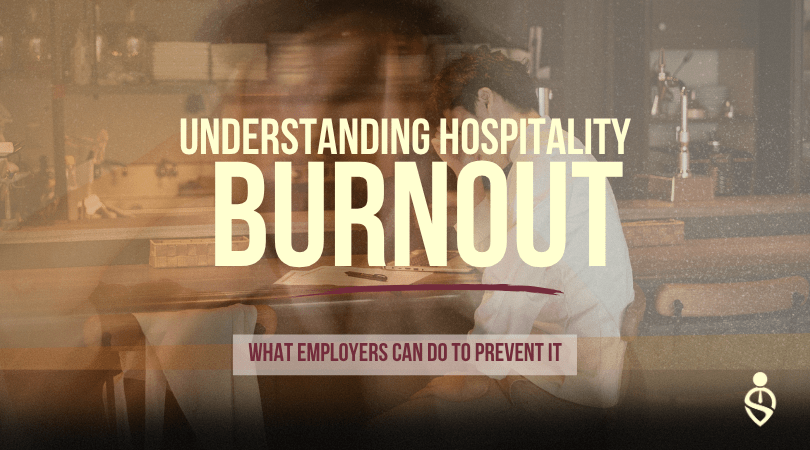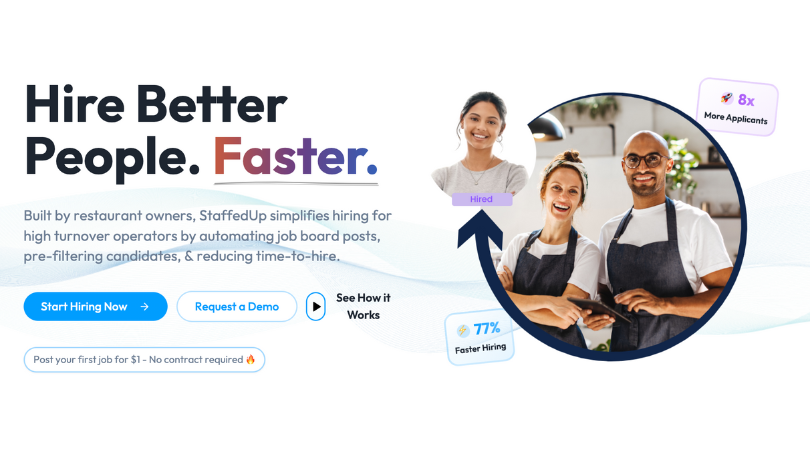Burnout isn’t new in hospitality—but it’s hitting harder than ever. Long hours, unpredictable shifts, customer-facing stress, and labor shortages are creating the perfect storm. For employers, hospitality burnout isn’t just an HR issue—it’s a business one.
Unhappy, exhausted employees don’t just leave—they impact team morale, service quality, and your bottom line. So let’s talk about what’s driving burnout and how you can prevent it before it spreads through your team.
What Is Hospitality Burnout, Really?
Burnout is more than just being tired. It’s chronic physical and emotional exhaustion caused by prolonged workplace stress—especially when that stress feels unmanageable or thankless.
In the hospitality industry, burnout often stems from:
- Understaffed teams
- Lack of schedule control
- Low recognition
- High guest expectations
- Poor communication from management
According to Mental Health America, burnout leads to increased absenteeism, turnover, and even mental health struggles. It’s not something you can afford to ignore.
Recognizing the Signs
To prevent hospitality burnout, employers need to know the signs:
- Sudden drop in enthusiasm or work quality
- Cynicism or irritability
- Increased sick days or lateness
- Withdrawal from team interactions
These red flags can start subtly and grow quickly. Checking in regularly with your team—formally and informally—can help catch burnout before it leads to a resignation letter.
What Employers Can Do
The good news? Burnout can be managed—and even prevented—with the right culture and systems in place.
Here are a few effective tactics:
- Offer schedule flexibility: Even one “set” day off per week can help staff feel in control.
- Recognize effort: A simple thank-you or shift reward goes a long way.
- Rotate roles: Give employees variety when possible to reduce monotony.
- Encourage breaks: Build in moments of rest, especially during peak hours.
- Open the feedback loop: Create space for staff to speak up without fear.
Harvard Business Review emphasizes that psychological safety and transparency from leaders are essential in combating burnout.
Support Doesn’t Have to Be Complicated
Your staff doesn’t expect perfection. But they do notice when their employer is trying. Creating a culture where team members feel seen, heard, and supported is the best defense against hospitality burnout—and it starts with leadership.
At StaffedUp, we help hospitality employers not just fill roles—but do it in a way that supports long-term retention and team satisfaction. From smarter scheduling tools to better applicant filtering, we streamline your hiring so you can spend more time building a culture your team wants to stick with.
Ready to build a stronger, more resilient team? Let’s talk.




